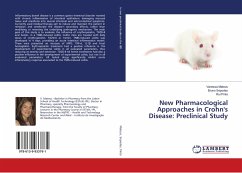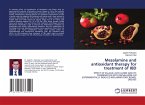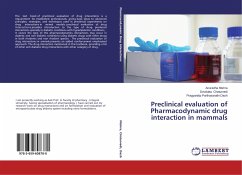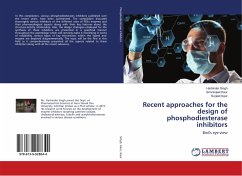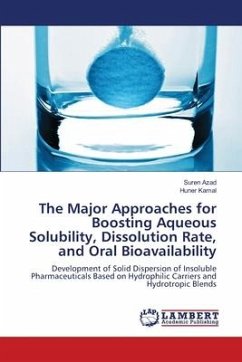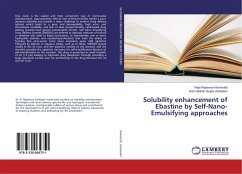Inflammatory bowel disease is a common gastro-intestinal disorder marked with chronic inflammation of intestinal epithelium, damaging mucosal tissue and manifests into several intestinal and extra-intestinal symptoms. Currently used medical therapy aim to induce and maintain the patient in remission and ameliorate the disease's secondary effects, rather than modifying or reversing the underlying pathogenic mechanism. The main goal of this study is to evaluate the influence of erythropoietin, TDZD-8 and hemin, in a TNBS-induced colitis. Colitic mice are treated with daily doses of erythropoietin, TDZD-8 or hemin. TNBS-induced colitis was developed in 4 days, providing an acute intestinal inflammation model. These mice presented an increase of MPO, TNF- , IL-1beta and fecal hemoglobin. Erythropoietin treatment had a positive influence in the development of experimental colitis in all evaluated parameters, thus reducing its severity and extension. TDZD-8 nd hemin treatments had alsoa positive influence in the development of experimental colitis, but not in all evaluated parameters. All tested drugs significantly inhibit acute inflammatory response associated to the TNBS-induced colitis.
Bitte wählen Sie Ihr Anliegen aus.
Rechnungen
Retourenschein anfordern
Bestellstatus
Storno

